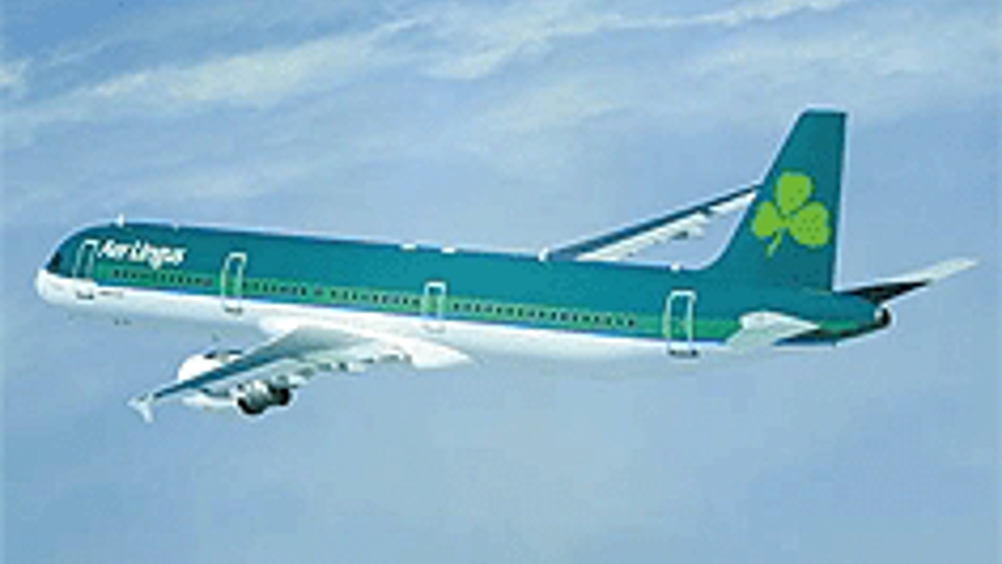Collision prevention system to be tested in Dublin
A research project borne out of the concerns of an Aer Lingus pilot who had experienced the risks of aircraft collision first hand is soon to be tested at an Irish airport.

Aer Lingus pilot Captain William Butler worked with Dr Gerard Lacey of Trinity College Dublin’s School of Computer Science and Statistics to develop the system, which enables pilots to avoid on-the-ground aircraft collisions.
The system − called Wingwalke − is a collaborative effort between the Graphics, Vision and Visualisation Group and the Aircraft Psychology Research Group at Trinity College. The collision avoidance system displays the proximity of objects on the airport ramp and in taxiway areas to the aircraft and the risks that they pose.
This allows the pilot to immediately take corrective action, avoiding any possible damage to the aircraft. By some current estimates, wing-tip collisions alone cost the industry upwards of $5bn (£3bn) a year.
At present, the Wingwalker system is at proof-of-concept stage and the researchers are scheduled to test it out later this month at Dublin Airport.
Register now to continue reading
Thanks for visiting The Engineer. You’ve now reached your monthly limit of news stories. Register for free to unlock unlimited access to all of our news coverage, as well as premium content including opinion, in-depth features and special reports.
Benefits of registering
-
In-depth insights and coverage of key emerging trends
-
Unrestricted access to special reports throughout the year
-
Daily technology news delivered straight to your inbox










Fusion inches closer as ITER completes magnet system
I believe the purpose of ITER isn't to make usable power, it is a research project which will be used to design the first generation of actual...